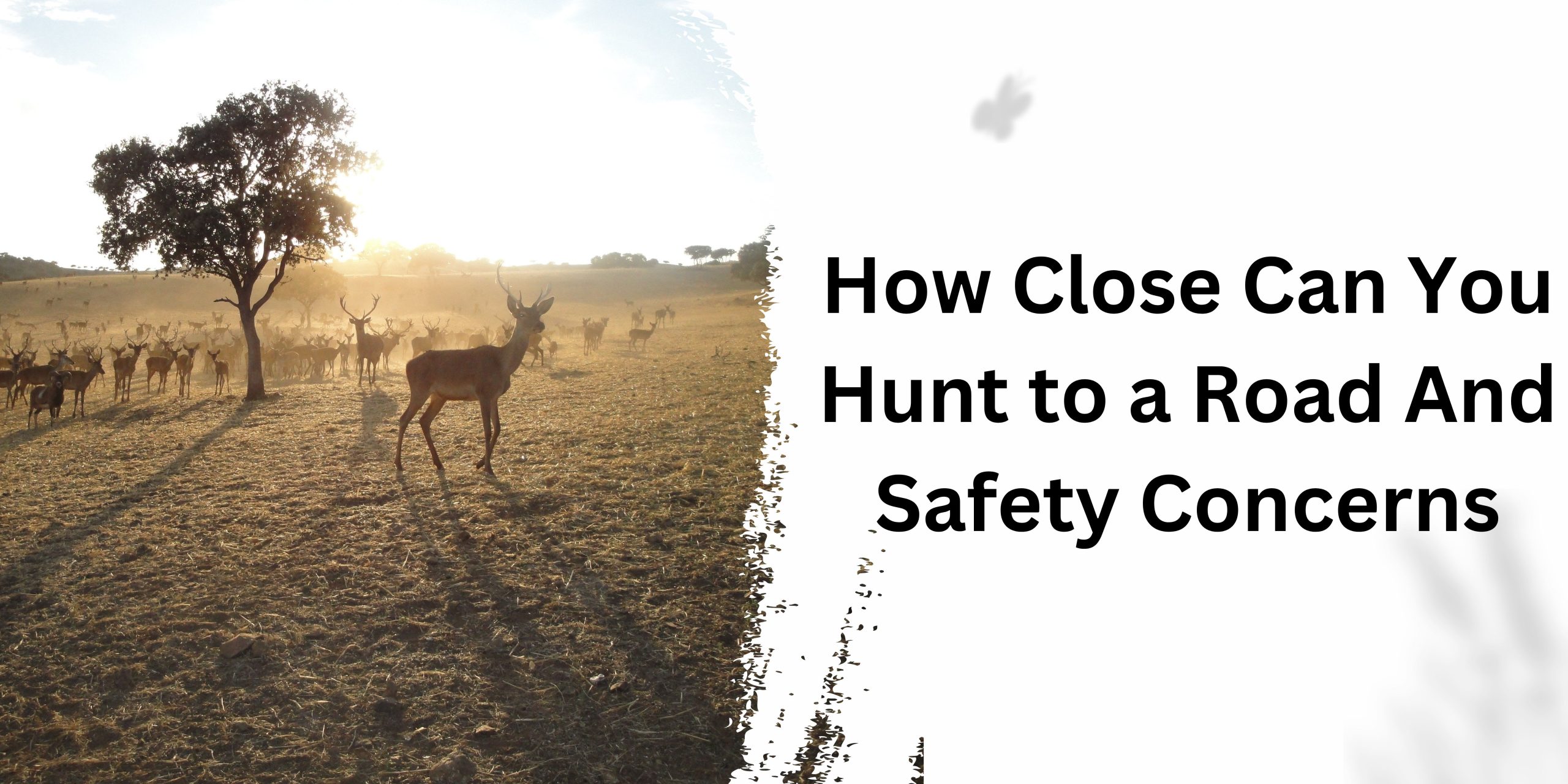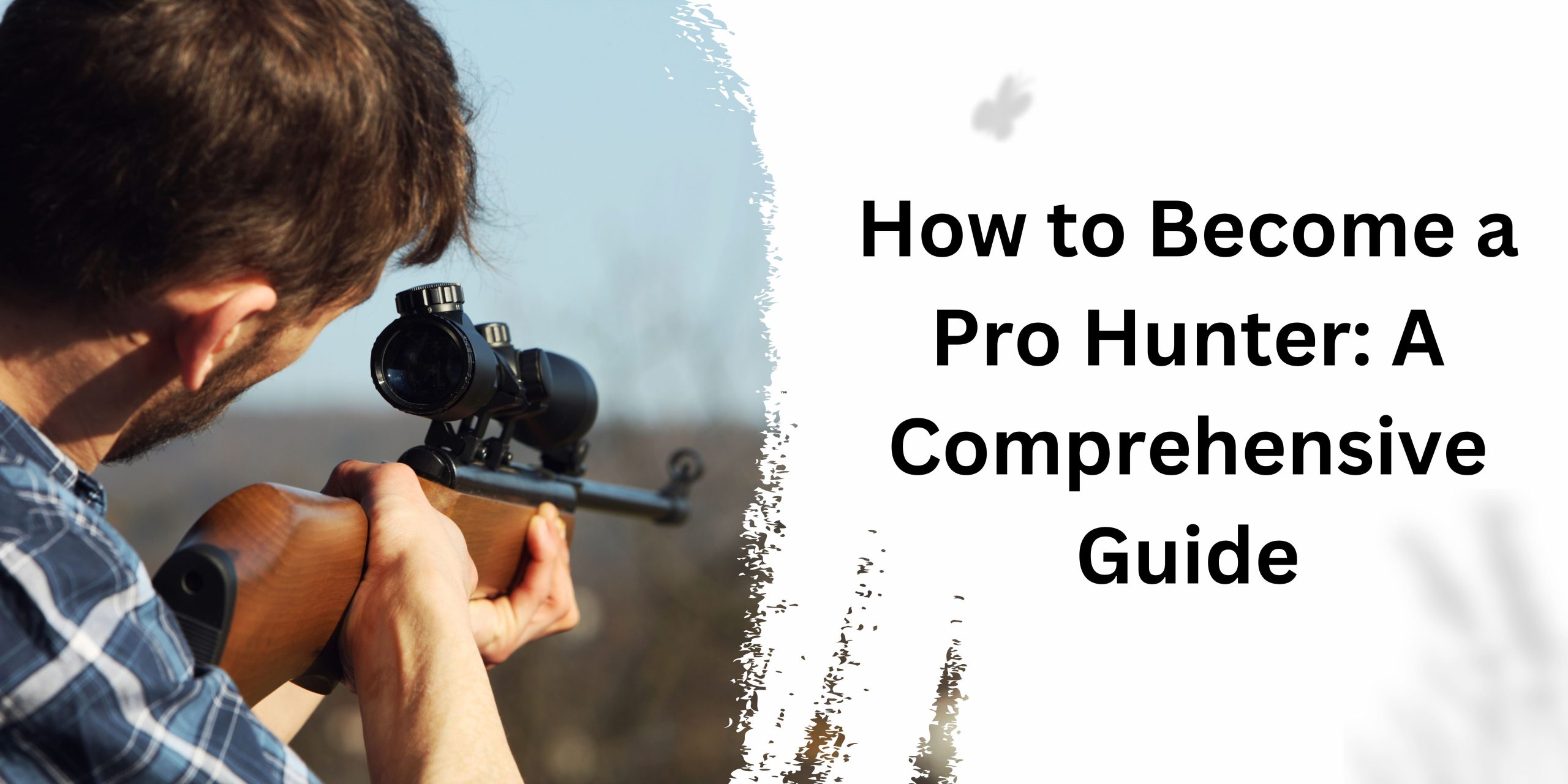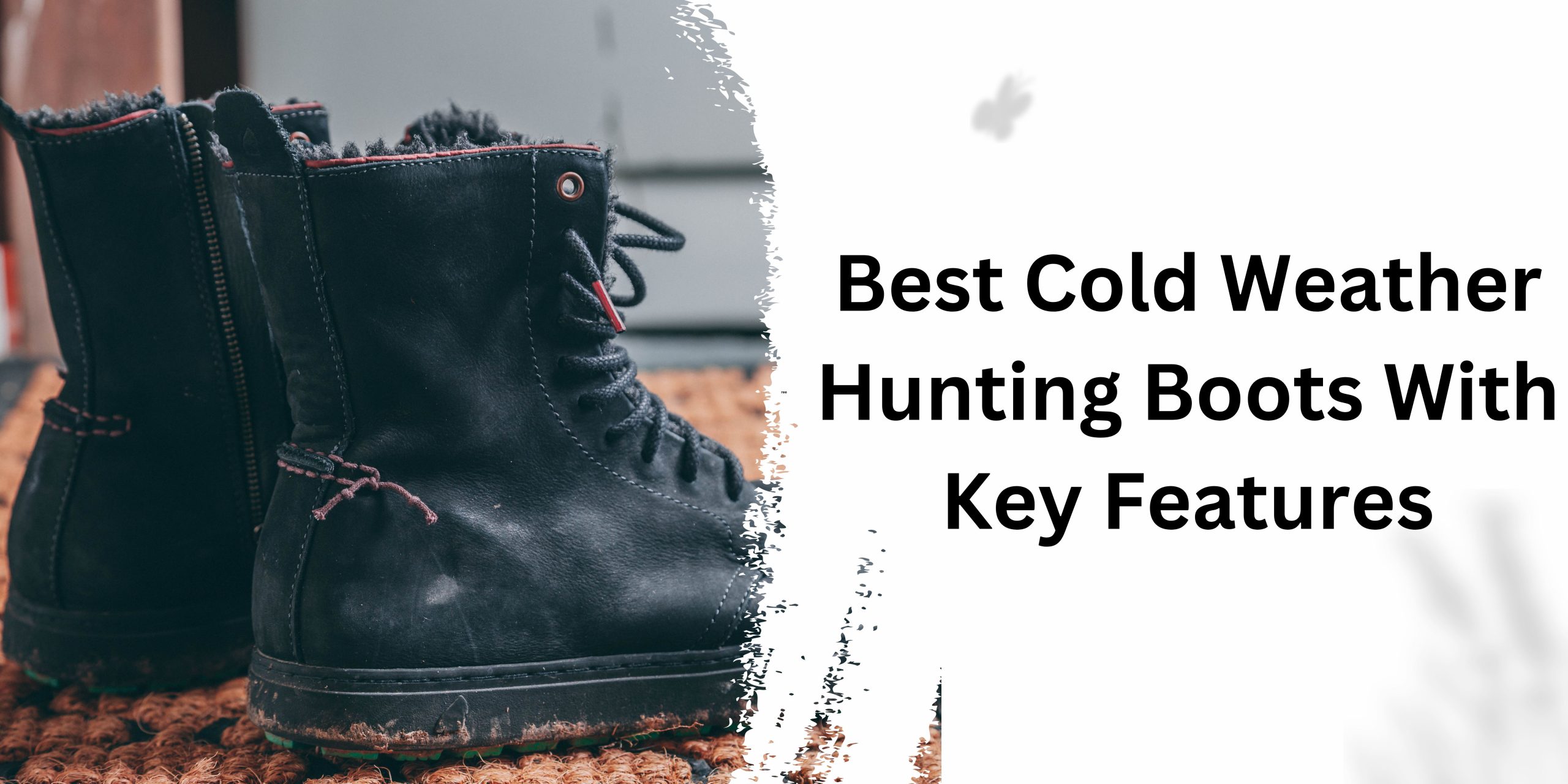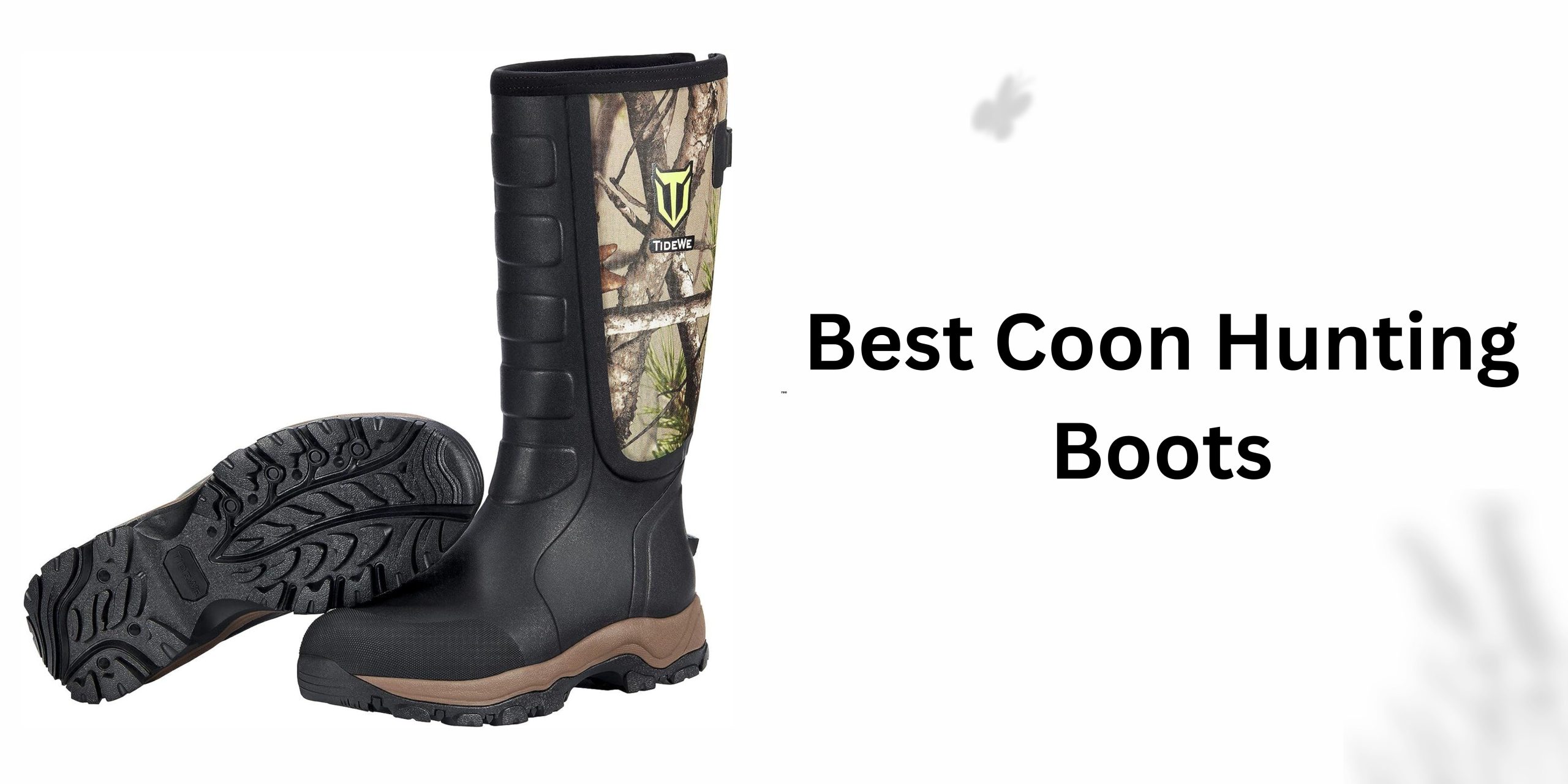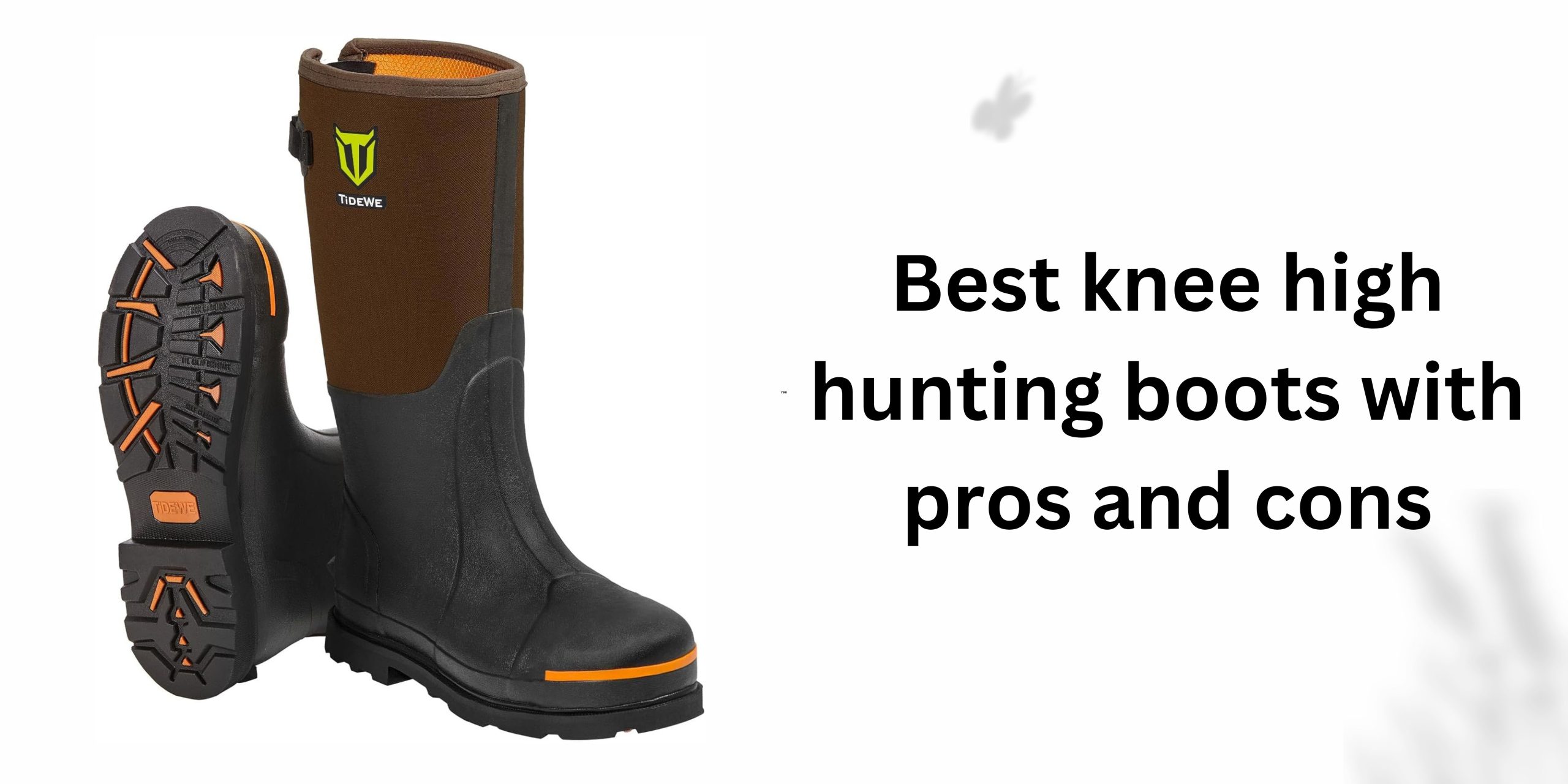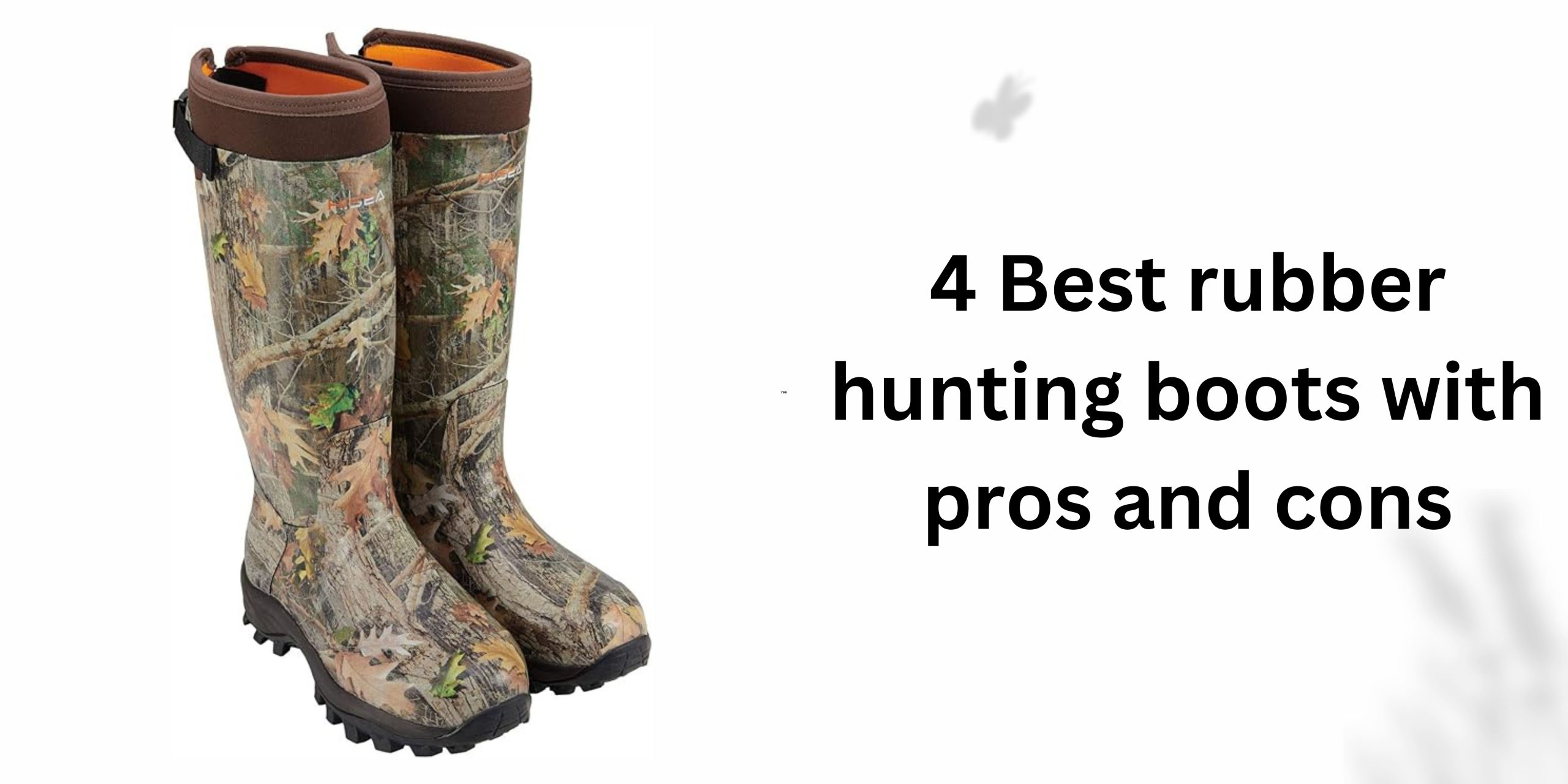Hunting is a beloved tradition for many, offering a chance to connect with nature and provide sustenance. But when it comes to hunting near roads, there’s a delicate balance to maintain. Let’s delve into the details of how close you can legally hunt to a road, along with some essential tips and tricks to ensure a safe and successful hunting experience.
Understanding Regulations and Safety Concerns
Hunting near roads isn’t just a matter of personal preference; it’s heavily regulated to ensure both the safety of hunters and the general public. Regulations regarding hunting near roads vary by location, so it’s crucial to familiarize yourself with local laws before heading out into the field.
In most areas, there are specific guidelines dictating how far away from road hunters must be to legally engage in hunting activities. These regulations typically take into account factors such as the type of weapon being used, the size of the game being hunted, and the potential for accidental injuries or property damage.
Legal Considerations
Before embarking on a hunting trip, it’s essential to check with local wildlife authorities or regulatory agencies to understand the specific regulations governing hunting near roads in your area. Ignoring these regulations can result in hefty fines, the loss of hunting privileges, or even criminal charges.
Additionally, hunters must adhere to basic safety protocols to minimize the risk of accidents or conflicts with other road users. This includes always keeping firearms pointed in a safe direction, positively identifying targets before shooting and being mindful of your surroundings at all times.
How Close Can You Hunt to a Road
When it comes to hunting near roads, regulations vary depending on your location. Different states, provinces, or countries have their own rules regarding hunting proximity to roads. These regulations are in place to ensure the safety of hunters, other road users, and nearby residents.
Before heading out on your hunting trip, it’s crucial to research and understand the specific laws and regulations governing hunting near roads in your area. This might involve checking with local wildlife agencies, reading up on hunting regulations, or consulting with experienced hunters in your community.
In many places, there are minimum distances that hunters must maintain from roads while hunting. These distances can vary depending on factors such as the type of weapon being used, the size of the game being hunted, and the potential risk to public safety.
For example, in some areas, hunters may be required to stay a certain distance away from roads when using firearms to minimize the risk of accidents or injuries to passing motorists. In other places, bowhunters may have more flexibility in their proximity to roads but still must exercise caution to avoid endangering others.
It’s also important to consider the potential consequences of hunting too close to roads. Aside from legal repercussions, hunting near roads can pose safety risks to both hunters and the public. Stray bullets or arrows could accidentally hit passing vehicles or nearby buildings, leading to serious injuries or property damage.
Furthermore, hunting near roads can disrupt wildlife patterns and increase the likelihood of conflicts with other hunters or landowners. Animals may become spooked by the presence of vehicles or human activity, making them more difficult to hunt and potentially endangering their populations.
Read More: Tips and Tricks to Keep Your Feet Warm While Hunting
Tips and Tricks for Safe and Responsible Hunting
While hunting near roads may present unique challenges, there are several tips and tricks that hunters can employ to ensure a safe and successful experience.
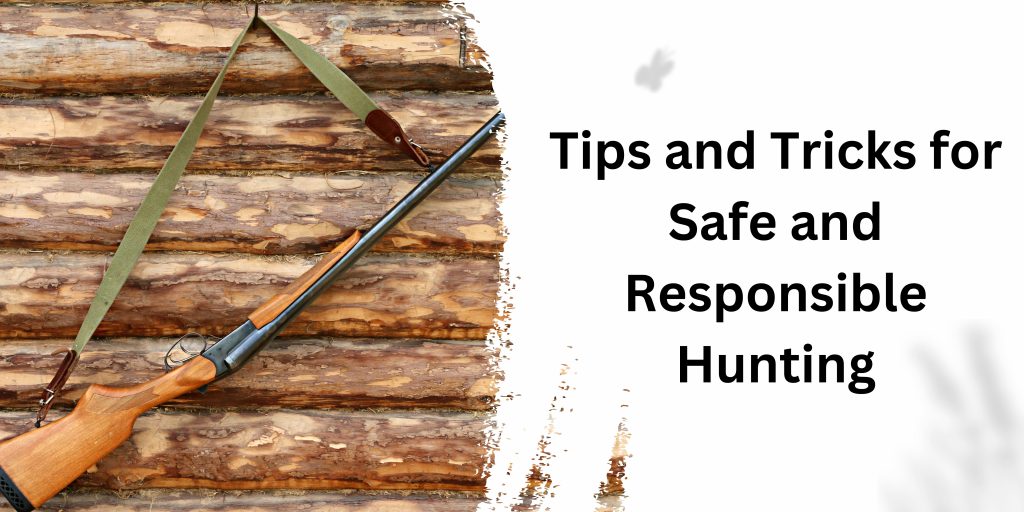
1. Choose Your Location Wisely
When scouting for hunting spots, prioritize areas that are well away from busy roads and thoroughfares. Look for secluded spots with ample cover and game trails, minimizing the likelihood of encountering other hunters or disturbances from passing vehicles.
2. Be Mindful of Visibility
Visibility is crucial when hunting near roads, both for your safety and the safety of others. Avoid setting up blinds or stands directly alongside roads where they may be easily visible to passing motorists. Instead, opt for locations where you can maintain a clear line of sight while remaining concealed from view.
3. Communicate with Fellow Hunters
If you’re hunting in a group, communication is key. Establish clear boundaries and designated shooting lanes to prevent accidents or conflicts between hunters. Use hand signals or two-way radios to stay in touch with your fellow hunters and coordinate your movements effectively.
4. Respect Private Property
It’s essential to respect private property boundaries when hunting near roads. Always obtain permission from landowners before entering their property, and be mindful of any posted signs or restrictions. Trespassing not only violates the law but can also strain relationships with landowners and damage the reputation of hunters as a whole.
Read More: Can you go hunting with someone without a license?
Summary
Hunting near roads requires careful consideration of legal regulations, safety concerns, and responsible hunting practices. By familiarizing yourself with local laws, exercising caution, and employing common sense, you can enjoy a fulfilling hunting experience while minimizing risks to yourself and others.

